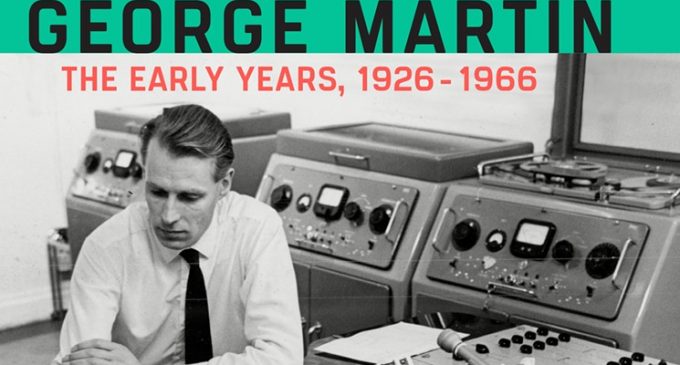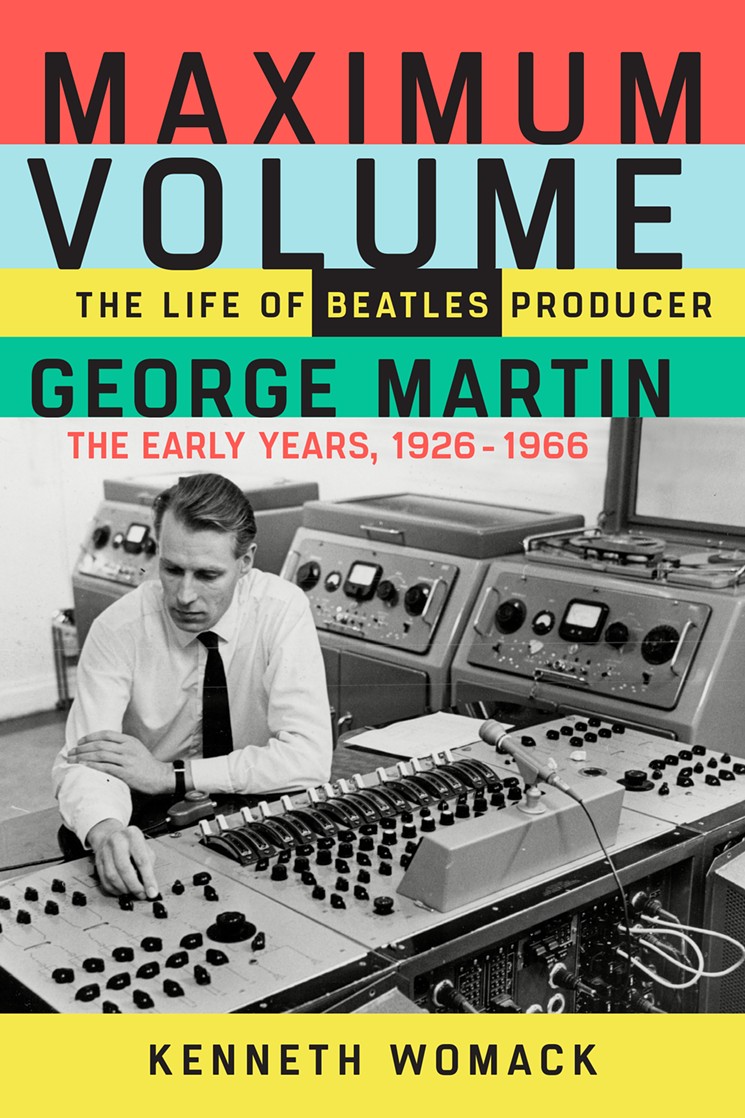George Martin: All He Needed Was Ears | Houston Press

While many over the years have been anointed, or self-proclaimed, the “Fifth Beatle,” no one has a more legit claim to the imaginary title than George Martin. As the band’s producer for the entirety of their career (save the Let It Be soundtrack, which was helmed by some guy named Phil Spector), he was far more than just a studio knob twiddler. His deep knowledge of all sorts of music as well as recording techniques helped to infuse the band’s music and drive them into directions even they didn’t think they would go to.The Early Years of the Man Who Became the Fifth BeatleBook cover from Chicago Review PressIt was he who pushed Paul McCartney to add a string quartet to “Yesterday,” the piccolo trumpet part to “Penny Lane,” and scored the lush “Eleanor Rigby.” That’s also him playing the piano solo on “In My Life.” And his fingerprints are also all over songs ranging from “A Day In the Life” to “She’s Leaving Home” and “Being for the Benefit of Mr. Kite.” But as author Womack puts it in this, the first of a two-part biography, Martin and/or his EMI/Parlorphone coworkers had already rejected the music of the scruffy Liverpudlians three times. After all, his background was in jazz, classical, and – oddly – comedy records by the likes of Peter Sellers and Dudley Moore.Still, he watched other producers have success with a newer type of music, and did want to break out to produce a “beat group” of his own. When he met the Beatles for their first proper recording session with him on June 6, 1962 — after giving a lengthy talk to the group about what they were doing wrong — he was taken aback by their silence after the drubbing and asked if there was anything they didn’t like about what he was saying.“Well, for a start, I don’t like your tie,” George Harrison responded dryly. After a tense moment of silence, everyone burst into laughter, thus setting the stage for Martin’s role as something of a sonic schoolmaster to these eccentric lads. Lads who would in scant time become four of the most famous men in the entire world.But before that, Womack tells Martin’s story as a lad growing up in England where he gravitated to all things music, but as a player and production student. Those Beatles fans who have only heard his posh, polished speaking tones on video interviews might be surprised to know that his original accent was far more Cockney, and he worked hard to change his voice to a more upper-class sound. And while Womack notes that his main work was with the Beatles, Martin also produced records for acts like Cilla Black, Gerry and the Pacemakers, Judy Garland, and Ella Fitzgerald. His work on Shirley Bassey’s theme to the James Bond film Goldfinger is also of note.This book puts the reader right in the studio as the band records now-classic albums like Please Please Me, With the Beatles, Beatles for Sale, Rubber Soul, and the soundtracks to A Hard Day’s Night and Help!, along with various standalone singles. And obviously there’s more about the actual recording of the music than the writing.A financial dispute with Parlophone led to Martin’s to go indie. It seems they refused to give Martin even a pittance of a percentage on the sale of albums he produced that made millions for the company.The final straw seemed to come when he alone among everyone in the company was denied a Christmas bonus because he made a certain base salary. This coming at the end a year when albums from acts he produced sat at the No. 1 spot in the charts for 37 weeks, though he only received his regular salary. Loyal, the Beatles still insisted on using Martin exclusively, so EMI/Parlorphone ended up paying him anyway. Martin also took some of their other producers with him.Womack’s next volume will cover the years and albums that Martin made his greatest contributions to the Beatles’ music, as well as his relations with the members after the band broke up and later projects. It does seem a bit odd to have them split up this way, unless Womack is still working on Volume 2.
Source: George Martin: All He Needed Was Ears | Houston Press




There are no comments at the moment, do you want to add one?
Write a comment